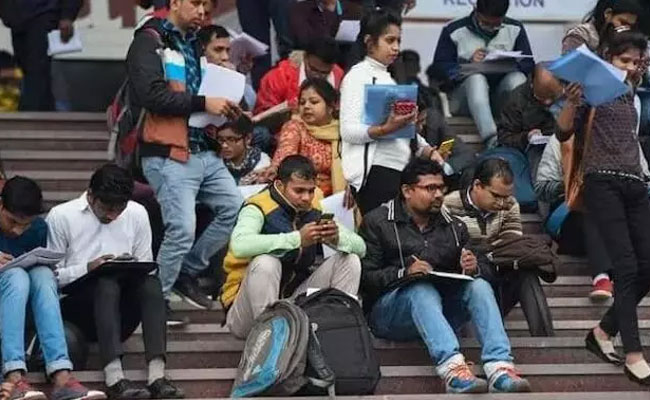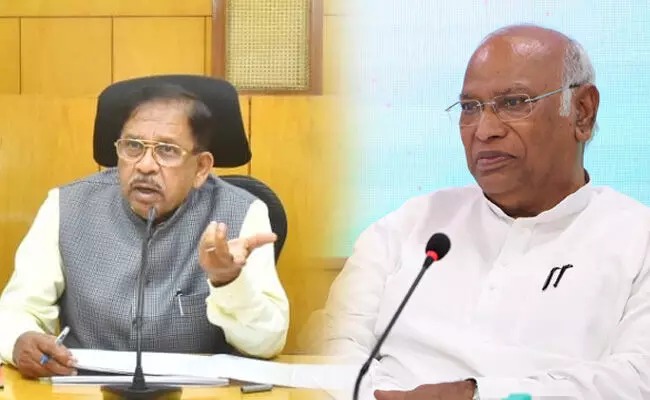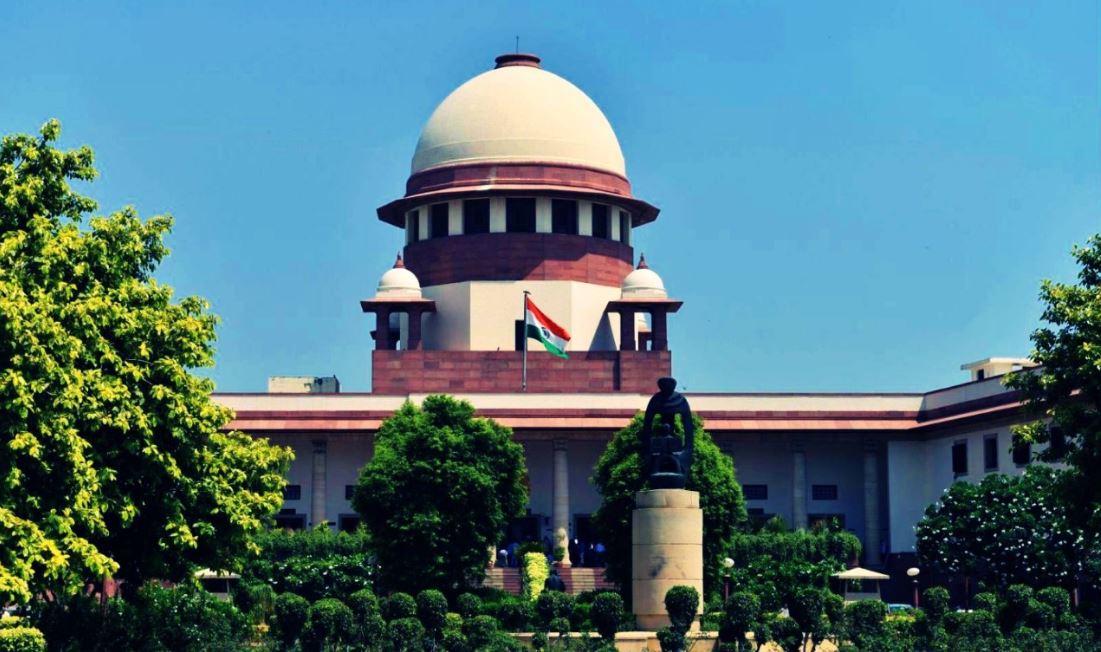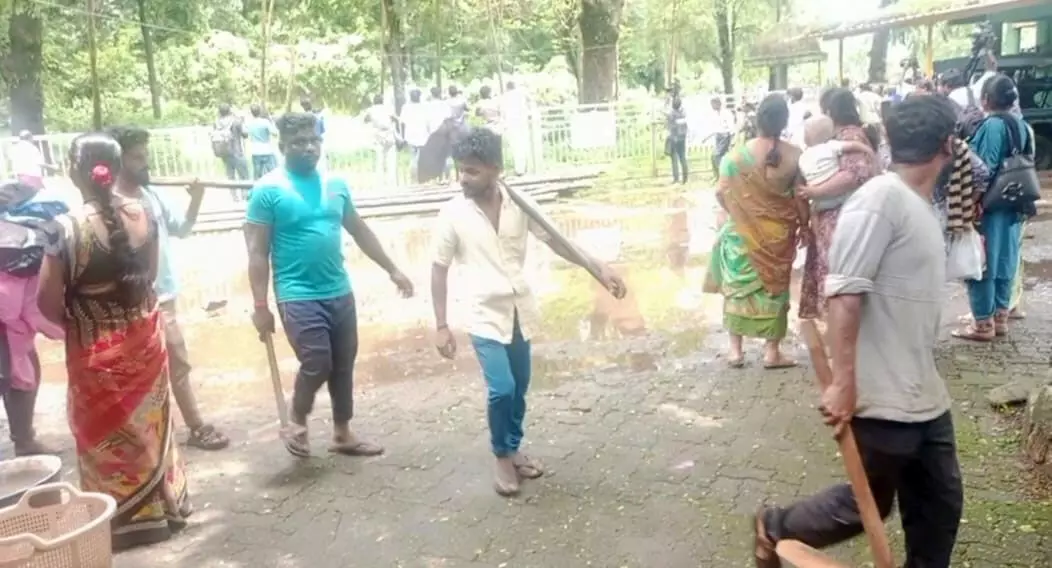New Delhi: In the run-up to the 2024 general elections, a pre-poll survey conducted by Lokniti-CSDS has revealed that unemployment and price rise are the primary concerns of nearly half of the electorate. The survey highlighted that Muslims, Dalits, and Adivasis are particularly concerned about these issues, with nearly two-thirds (62%) expressing difficulty in finding jobs.
The survey found that 62% of respondents across villages, towns, and cities felt that getting jobs had become more difficult compared to the last five years. Among men, 65% shared this opinion, while among women, the figure was slightly lower at 59%. Only 12% of respondents felt that getting jobs had become easier.
The concern over job availability was particularly high among Muslims (67%), followed by Hindus from Other Backward Classes and Scheduled Castes (63% each), and Scheduled Tribes (59%). In contrast, Hindu upper castes were more optimistic, with 17% believing that jobs were easier to get, although 57% of them still felt that jobs had become more difficult.
Regarding the issue of price rise, 71% of respondents believed that prices had increased, with higher percentages among the poor (76%), Muslims (76%), and Scheduled Castes (75%).
When asked about the responsibility for shrinking job opportunities, 21% blamed the Centre, 17% blamed State governments, and 57% felt that both were responsible. Similarly, for the issue of price rise, 26% blamed the Centre, 12% blamed the State, and 56% blamed both.
In terms of quality of life, 48% felt that their quality of life had improved in the last five years, while 35% felt it had worsened. Only 22% said they could fulfill their needs and save money from their household income.
On the issue of corruption, 55% believed that corruption had increased, with 25% blaming the Centre and 16% blaming the States, while 56% blamed both.
Despite these concerns, nearly half of the respondents felt that development in the last five years had been inclusive.
The survey indicates that economic issues, particularly unemployment and price rise, are likely to be significant factors influencing voter sentiment in the upcoming elections.
Let the Truth be known. If you read VB and like VB, please be a VB Supporter and Help us deliver the Truth to one and all.
Bengaluru(PTI): Karnataka Home Minister G Parameshwara on Tuesday said there is nothing wrong if party national President Mallikarjun Kharge wants to return to state politics.
He was responding to a question from reporters on Kharge's remarks, recalling how he lost the Chief Minister's post to S M Krishna after the 1999 Karnataka Assembly polls. Kharge's remarks added to the speculations of leadership change in Congress and about his return to state politics.
Senior Congress leader Parameshwara also said that wrongly interpreting Kharge is also not correct.
Kharge's statement seems to have rekindled the debate on 'Dalit CM' within the party. The AICC President, who hails from Karnataka, belongs to a Scheduled Caste.
Making a Dalit the CM is a hotly debated matter within the Congress party, the issue on which senior leaders and Ministers Parameshwara and H C Mahadevappa have openly spoken in the past. Both belong to Scheduled Castes.
These comments have come amid speculations within the state's political circles, especially within the ruling Congress, for some time now about the Chief Minister change later this year, citing a rumoured power-sharing agreement involving incumbent Siddaramaiah and Deputy CM D K Shivakumar.
"Kharge is a senior leader not only in our party, but in national politics, making comments on him is not right. Kharge is competent to hold all kinds of positions; he has experience, and he has been in politics for about 50 years. If he says something, interpreting it wrongly is not correct," Parameshwara told reporters in response to a question.
Asked about some speaking about his return to state politics, he said, "There is nothing wrong in it. He is holding the decisive position in our party. He is the one who decides as to who should be the Chief Minister, being the AICC President. So, in case he wants to come back to state politics, no one should interpret it wrong."
Speaking at an event in Vijayapura on Sunday, Kharge had recalled about him missing the Chief Ministerial post, when Congress came to power in 1999.
"As CLP (Congress Legislature Party) leader I tried to bring the party to power (ahead of 1999 polls), the party formed the government and S M Krishna became the Chief Minister. He had come (as KPCC President) four months ahead (of polls)....all my service was washed down the river. I feel that -- I toiled for five years, but the person who came four months ago was made the CM," the Congress chief had said.
"What I'm trying to say is, we may face difficulties, but we must continue to work without greed in mind. If you are greedy, you won't get anything, also you won't be able to do what's in your mind. Passing through all these things, from being a block president, I have now become AICC President. I did not go behind positions," he further said.
Mahadevappa too, reacting to Kharge's statement on Monday had said, Kharge is one of the senior leaders in the country and he has all the required qualities to occupy any constitutional post, and our wish is that he should get an opportunity, whenever there is one.
Naming Dalit leaders in Congress who have occupied the CM post in other states like -- Damodaram Sanjivayya, Sushil Kumar Shinde, Jagannath Pahadia and Ram Sundar Das, he said, "When time comes the party will take a decision and everyone will abide by it."
However, trying to downplay speculations, Kharge's son and IT/BT Minister Priyank Kharge on Monday said his father was merely sharing the path he had walked in his political career -- both ups and downs -- and that his speech should be seen in entirety not selectively. He has also made it clear that he has no regrets.
"From the blessings of everyone, the people of Kalaburagi and Karnataka, he is in the post that was once occupied by Subhas Chandra Bose and Gandhiji. Whatever he has decided on his political future, he will decide himself. He has earned that respect and reputation. He has a good relationship with the high command. Whatever he decides, Rahul Gandhi, Sonia Gandhi and Priyanka Gandhi will automatically accept it," he said.





